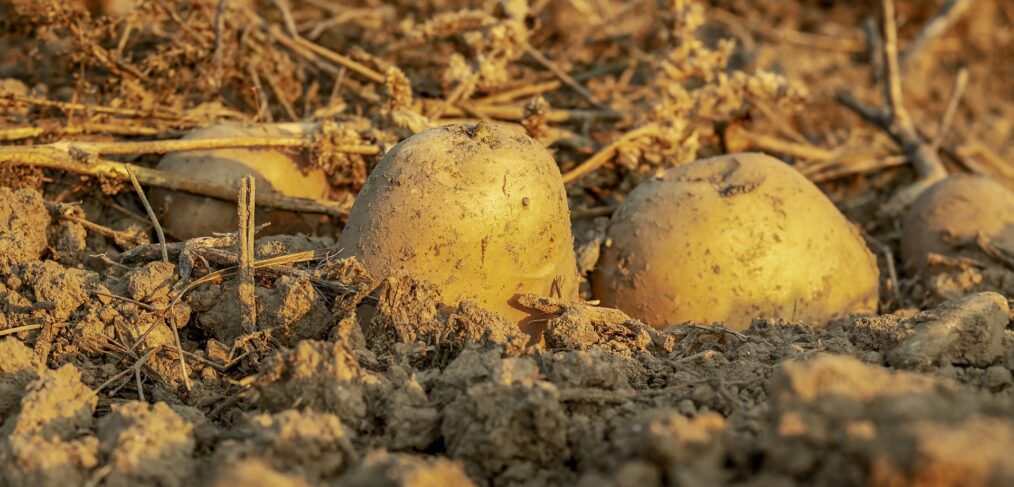
Unearthing your Blind Spots
I have keen appreciation for the saying ‘we don’t know what we don’t know’ and it informs my willingness to be vulnerable, modify my approach, or solicit feedback from others.
I grew up on a farm, and my family had a vegetable garden. I sometimes helped my parents till, plant, tend and harvest a large variety of vegetables. Thirty years later, my husband and I put in a vegetable garden. I took the gardening knowledge I had, read gardening articles and books, and then I started digging.
Each year I planted a garden, I learned something new that allowed me to utilize space better, to position plants so the sun hit them ideally, to reduce insect infestations organically, etc. I also learned my family’s eating habits, so that I could grow more of what we liked, which resulted in us eating more vegetables and reducing waste. I was far from a gardening expert, but I considered myself a fairly knowledgeable gardener.
In July, we bought a new house. The new house had a vegetable garden, but the previous owners had stopped tending it when they decided to sell. Consequently, the beds were over-grown, and the only plants were those that had seeded themselves from last year’s crop.
I ignored the garden for a couple of months because I had more pressing new homeownership issues. In September, I decided to remove the weeds and see if I could harvest any vegetables. About 30 minutes into pulling weeds, I noticed a potato lying where I had just removed a vine that was tangled with a tomato bush. As I pulled a second vine, several more potatoes came unearthed.
Since I was a somewhat experienced gardener, you might think I would have known that the above-ground plant was actually the top of a potato plant and that the tubers were below the surface. But I didn’t. My parents never planted potatoes. I never planted potatoes in my garden, and I skipped the tuber-growing sections in the gardening blogs, magazines and books.
I obviously thought the potato plant was a weed, but when I realized that I had made an inaccurate assumption, I corrected my mistake and baked potatoes for dinner.
With a little help from mother nature, I was able to easily modify my approach to inform success. The act of weeding allowed me to unearth my gardening blind spot, realize my mistake and modify my approach. Unearthing behavioral blinds spots—such as being overly optimistic, talkative, or superficial—is far more challenging and requires vulnerability, self-awareness, and often times a feedback loop. Behavioral assessments provide just that, objective feedback. I invite you to invest in your personal development today and harvest the value of self-awareness and relational success. Complete your Predictive Index Behavioral Assessment today, gain access to your unique Personal Development Chart, and stop ignoring your blind spots.
Co-written with Kim Kourany



